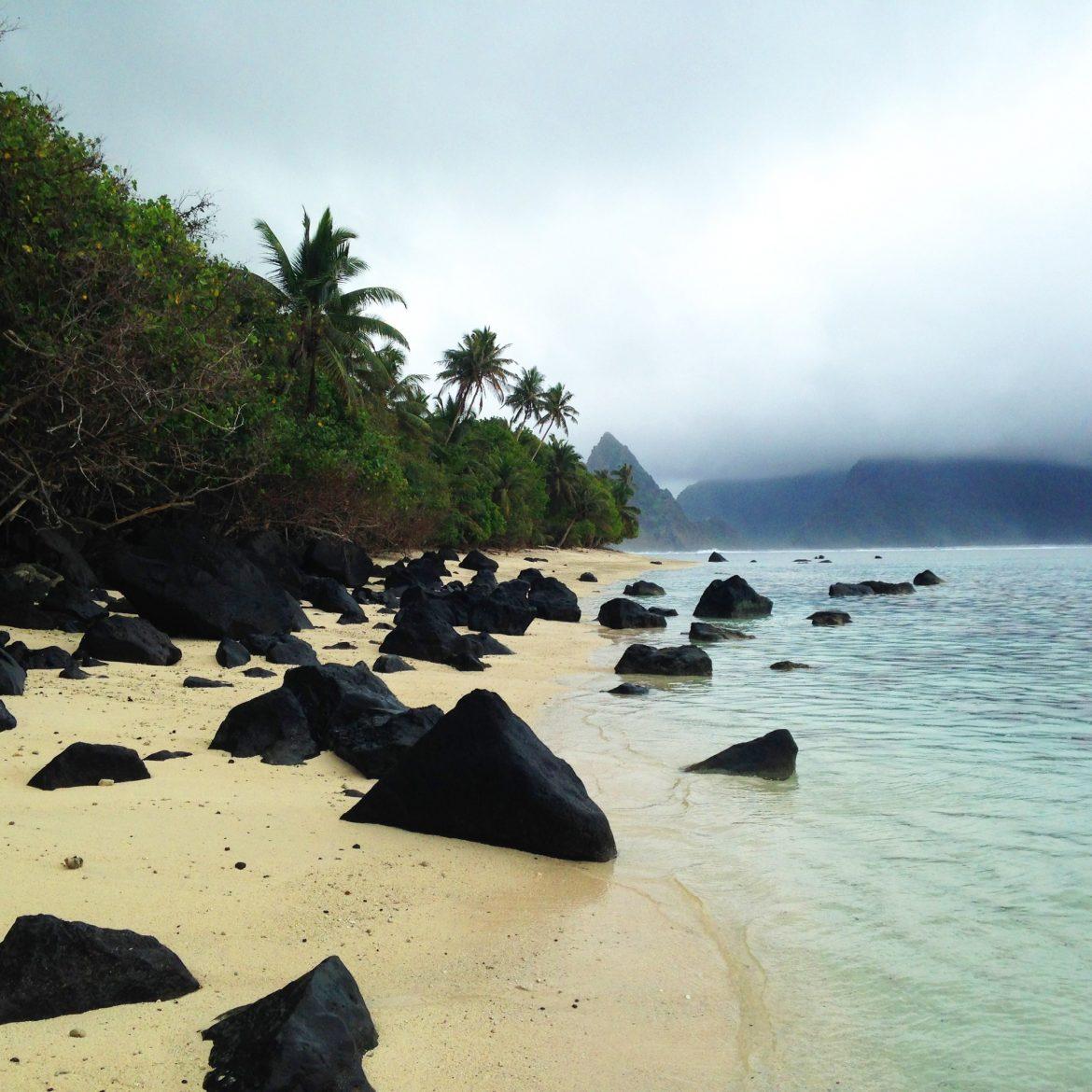In a report from more than 15,000 scientists from 184 different countries, including some scientists from California State University, Northridge, have agreed that humans are consuming the planet’s resources at an incredible pace. Deforestation, increase of dead zones in the ocean and the extinction of thousands of species is causing the time to run out to reverse the changes done to our planet.
In the letter, scientists state that the amount of fresh water available per person on the planet has declined and those that struggle already to find fresh water will only find it harder as the world’s population is still growing.
“Droughts will become more common and more extreme if we don’t start to change things,” said Larry Allen, Chair of the Biology Department and one of the scientists that signed the letter.
Allen studies fishery ecology and has seen significant changes to water life since beginning researching such as the warming of the oceans, which have been beneficial to some species but disastrous for others. According to Allen the planet could look very different by even 2050.
“You will start to see extreme weather become more common,” said Allen. “Take for example this hurricane season. We have not had any big hurricanes in a while, then we saw the largest in history.”
Allen has also observed that plastics are beginning to enter the bloodstream of fishes. The extinction of many different kinds of species across the globe was another major topic of the letter. According to the World Wildlife Foundation, the planet is losing 10,000 species a year and eventually that constant disruption to the planet’s ecosystem will have permanent damage.
Other key points of the letter are that deforestation and ocean dead zones are continuing at dangerous levels. For example, in the last 25 years the world’s amount of forest has decreased from 4,128 to 3,999 million hectares. One hectare is equal to two and a half acres, so 129 million hectares has been lost roughly the size of South Africa has been lost.
Ocean dead zones, areas in which nothing can live, have also increased during the last 25 years. These dead zones have increased all over the world from the Baltic to the East China Sea and includes some of the world’s major fishery areas.
Then, there is still the issue of global warming, which says Allen, could have significant geographical changes with the levels at which the ocean is rising. According to Allen, Compton could become beachfront property if nothing is done in the next hundred years.
All is not lost; the Alliance of World Scientists, the group that formed from the Union of Concerned Scientists, the group that created the letter, have reported significant improvements to the world’s ozone since the publication of the first letter to humanity in ’90s.
“We can change, we just have to use more sustainable resources,” said Allen.












